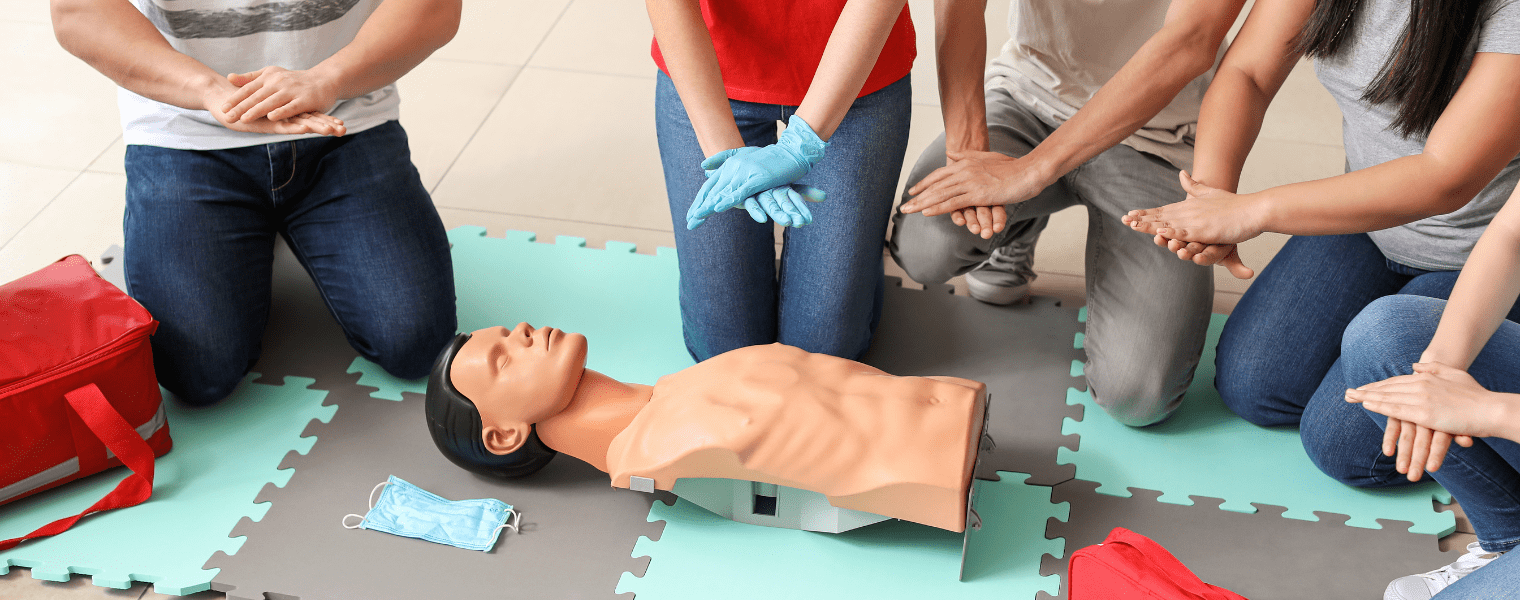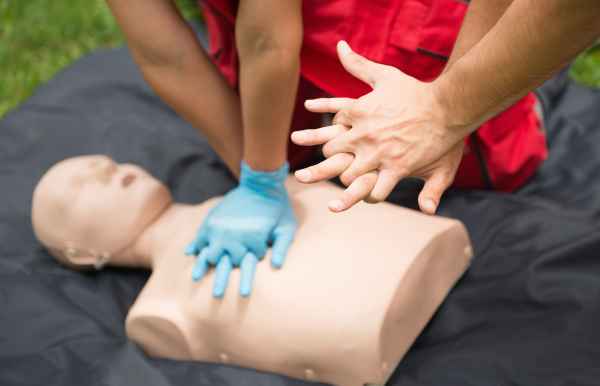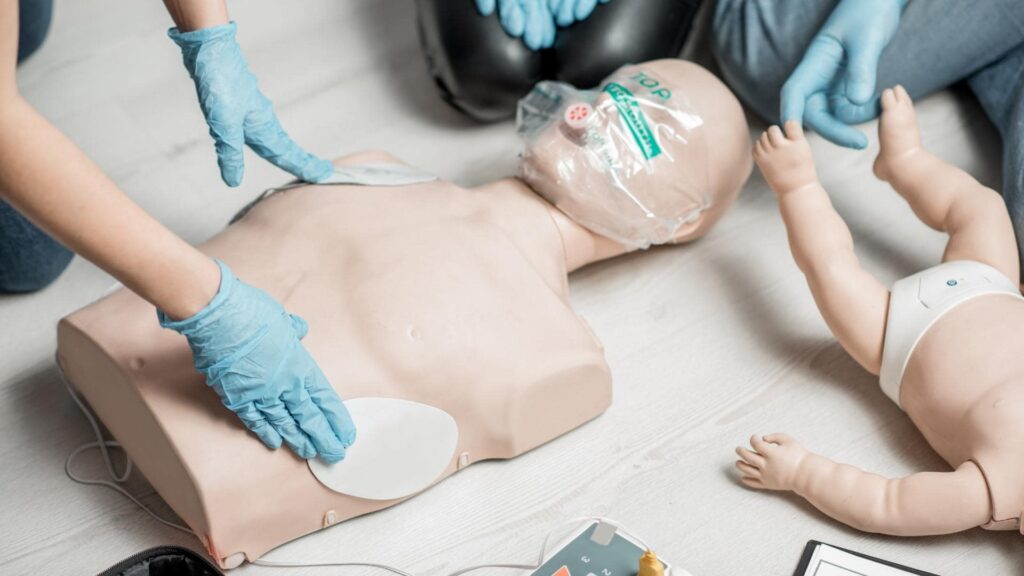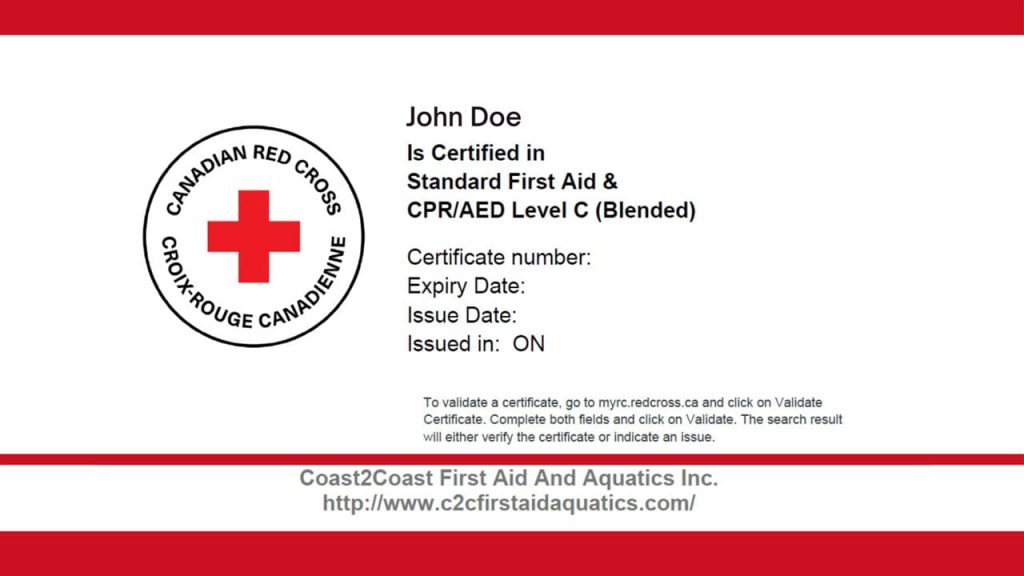Life has its ups and downs. Loss, trauma, and stress can knock us off our feet and leave us feeling lost. But what if we had a lifeline? Is there a tool that could help you navigate rough waters and empower others to do the same?
The Psychological First Aid approach, commonly called PFA, helps people cope with stress, trauma, and loss. Endorsed by the World Health Organization, this method is not only about addressing immediate emotional needs but also offering practical assistance to those in distress. It’s all about building resilience, improving coping skills, and nurturing mental health. Notably, in 2019, nearly a billion people worldwide were living with a mental disorder, highlighting the critical need for effective mental health interventions. This is a shining light when everything seems dark. Discover the life-changing journey of Psychological First Aid.

Psychological First Aid: Explained
Welcome to Psychological First Aid, an inclusive approach that emphasizes the well-being and self-care of individuals who have lived through stressful or traumatic events. This approach provides crucial support in the immediate aftermath of crises, addressing the emotional distress experienced by disaster survivors and others affected by challenging situations. As well as providing personal care, it also helps family, friends, and the community.
Psychological First Aid training is delivered by highly trained instructors specializing in case-based learning. They teach participants how to foster mental health, emotional, psychological, and social well-being through resiliency-building techniques. This course will teach participants how to immediately help people in distress or experiencing emotional reactions or common stress reactions during crisis situations.
The course curriculum revolves around the four-step framework of Look, Listen, Link, and Live. Each step offers specific actions to regain control of the situation. Looking involves recognizing signs of stress within oneself, while listening involves assessing the environment and personal emotions. Linking is taking appropriate actions based on the assessment to meet one’s needs. Finally, living refers to achieving a state of balanced and content well-being.
This framework is not restricted to a specific age group or profession. It is designed for individuals aged 16 and older, inviting them to explore psychology’s significant role in our daily lives. Disaster research highlights the importance of timely and compassionate support in mitigating the lasting effects of trauma. Psychological First Aid provides insights into the effects of stress, loss, trauma, and grief, not only on oneself but also on others. The main goal is to help learners understand these impacts so they can effectively navigate personal challenges or mental health issues while supporting others in doing the same.

Register for Psychological First Aid Training
Embrace the opportunity to join our Psychological First Aid training course, empowering yourself to handle emotional emergencies and support your community’s well-being.
Advantages of Psychological First Aid: Essential Components Covered in Course
The Canadian Red Cross designed the PFA training to offer several advantages, equipping participants with essential skills to provide effective support in challenging situations. This training is particularly valuable for first responders and individuals working in community settings, where addressing immediate needs is critical.
Some key benefits of this training include creating a calm environment, infusing hope, fostering self empowerment, establishing a sense of safety, and building connections. PFA training teaches responders to maintain a peaceful atmosphere, offer realistic hope, and empower individuals to participate actively in their recovery. Additionally, it emphasizes the importance of practical help, enabling participants to provide tangible assistance during crises.
The course also highlights the role of collaborative services in ensuring comprehensive care. By establishing meaningful connections and fostering teamwork, PFA training prepares individuals to respond effectively and with compassion. Among other benefits, it gives people knowledge that’s crucial in times of crisis.
The Role of Psychological First Aid in Crisis Situations
PFA training equips participants with essential skills to practice effective self-care and provide compassionate support to others during challenging times. It prepares individuals to address the immediate needs of those impacted by a traumatic incident, such as a natural disaster, helping to reduce distress and foster a sense of calm and safety.
This training also emphasizes the importance of strengthening social supports to aid in recovery. Participants gain valuable knowledge and techniques to foster resilience, establish coping strategies, and contribute to the overall mental health and well-being of themselves and those around them.
The mental health crisis is very real today. People need help in trauma recovery to avoid getting stuck in the initial distress that often follows a traumatic event.
PFA is about providing care and support simply and directly. Helping someone meet their needs might be anything from food and water to vital information. A key part of PFA is listening and offering a comforting presence that helps people feel calm. But there is no pressure on anyone to talk if they’re not ready.
What PFA (Psychological First Aid) is NOT?
The most important thing to remember is what Psychological First Aid (PFA) is not. It’s not something that only professionals or trained responders can do. It’s also not the same as professional counselling. It doesn’t involve a detailed discussion about the stress caused by a distressing event, nor does it include the process often associated with ‘psychological debriefing.’
PFA isn’t about pressuring people to share their feelings or trying to put events in order. Instead, it focuses on supporting people by enhancing their ability to cope, whether in the community or the workplace. While we are always ready to listen, we respect people’s comfort and willingness to share at their own pace.

How to Register for a Psychological First Aid Course at Coast2Coast
Explore Psychological First Aid (PFA) through Coast2Coast’s private training classes. These sessions are designed to equip groups with essential skills in promoting emotional, psychological, and social well-being. The courses are taught by highly trained instructors offering specialized knowledge on how psychology influences everyday life, stress, trauma, and grief.
In this comprehensive course, participants learn the art of self-care, personal protection, and resilience-building strategies to maintain their overall mental, emotional, and physical health. Private training is available for employers and groups of at least eight (8) people. This program streamlines the certification process and boosts confidence in life-saving skills like First Aid & CPR.
By filling out the Private Training Inquiry Form, you can access Coast2Coast’s exceptional safety training courses, creating a nurturing and caring environment for skill development. Join this transformative journey of Psychological First Aid. You will become a compassionate, supportive listener, ready to navigate life’s challenges and crises confidently and empathetically. Let’s kickstart the journey to build a strong community that supports each other’s well-being, even when life throws us tough times. In the face of adversity, we can thrive together!



















